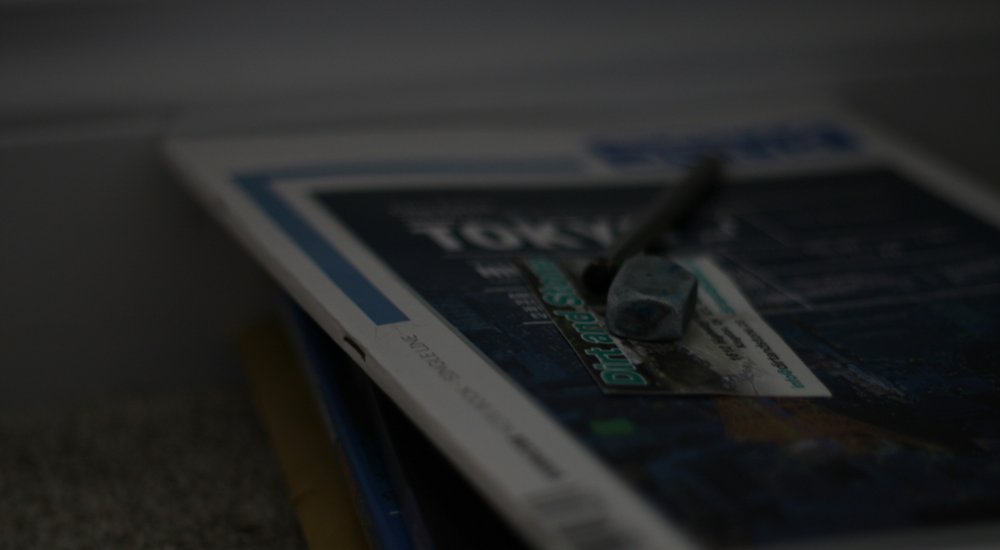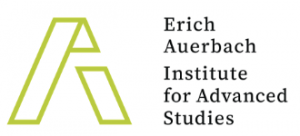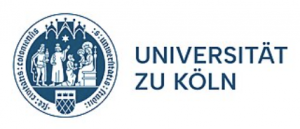Erich Auerbach Institute for Advanced Studies Fellowships (Junior/Senior)
2026 theme: Public sphere(s)

The Erich Auerbach Institute for Advanced Studies invites applications for the winter semester 2026
- for up to four Senior Fellowships for a period of one (up to a maximum of two) months in cooperation with a Cologne partner
- for up to five Junior Fellowships for a period of one to three months in cooperation with a Cologne partner
The Auerbach Institute offers faculty members the space to develop innovative research concepts in collaboration with international colleagues and to explore interdisciplinary interfaces.
Fellowships
The Call is addressed at the Faculty of Arts and Humanities to the group of
- full-time professors and
- employees with a doctorate
who apply together with
- an outstanding experienced researcher (Senior Fellow) or
- an ambitious young scholar after the doctorate (Junior Fellow)
Addressed are fellows with whom a cooperation already exists or a more intensive cooperation is intended. The Fellowship period should be within the Cologne lecture period from April 13 to July 24, 2026.
In addition to project-related research with the recruiting colleague, the fellows will give a lecture as a part of a public lecture series at the Auerbach Institute. The fellowship offers the freedom to advance the respective project and to establish and expand contacts with colleagues of the faculty. For this purpose, the fellows will have their own workspace and the opportunity to organize their own workshops or conferences.
Research Focus
Our annual focus in the summer semester 2026 is on the topic "Public sphere(s).” –
For a society, the public sphere is the space for exchanging views on questions of communal life. This freedom for non-private debate, for publication, and for political action has always been conditional, from the Greek agora and the Roman forum (with the exclusion of the “unfree”) to the absolutist royal court and the theater and salon culture of the bourgeoisie in the 18th and 19th centuries, which was supported by the humanist utopia of education. In the ever-expanding social spheres of modernity – from the economic interdependencies of the “nation states” to radio and television and the platforms of the digital age – media play an increasingly important role. Such a “Structural Transformation of the Public Sphere” (Jürgen Habermas) has paved the way for mass societies and given rise to the bourgeois public sphere of affluent societies as a core element of the democratic community. From today’s perspective, the media also represent the dispositive of a pluralization, faceting and, in part, separation of the public sphere. This corresponds to changes in the political climate in many parts of Western democratic societies. The shift of liberal democracies towards illiberalism, “competitive authoritarianism,” and fascism that can currently be observed worldwide gives rise to renewed questions about the functioning of the public sphere and the strategies of its destruction.
Which new forms of the public sphere can be identified in the face of digital change, which social and political, but also cultural and media practices shape the public sphere, and to what extent can they be understood as a critical instrument in and for democracies? Does the pluralization of competing public spheres offer the opportunity to revitalize the “nostalgic trope” (Seyla Benhabib) and to discuss aspects of deliberative politics (Habermas) or a “sensus communis” (Hannah Arendt) anew, without ignoring questions of exclusion, inequality, and participation? What is the relationship between the political, the social, and the private in the different models of the public sphere, which ideas of community are addressed by them, and how does the discourse on the public sphere relate to state institutions and the spheres of law, culture, and the sciences? What is the function of the key distinction between public and private in times of overlapping spheres and the transformation of social spaces in “social media,” when, on the one hand, (semi-)public exchange increasingly affects the “private sphere” and, on the other, the “public” appears increasingly segmented and exclusive?
Alongside contemporary and systematic analyses, the annual focus also invites historical contours of public spheres. Social and political dynamics, networks as well as cultures of dispute in public space or the movements and changes that objects experience when entering or crossing public spheres are just as much of interest as historically oriented conceptual work.
Eligibility
The selection criteria for the Fellowships are academic qualification and originality of the proposed joint project, as well as the contribution of the project to the development of sustainable international relations. The selection is made by the Advisory Board of the Auerbach Institute.
Application
Applications consist of (please merge into one PDF file):
- a 1- to 2-page cover letter (with information on the preferred period of residence)
- a curriculum vitae of the proposed fellow
- a list of publications of the host and the planned fellow
- a proposal for a joint research project of max. 2000 words
- a summary of max. 200 words, which illustrates the significance of the project, even for those not familiar with the subject
The application deadline is October 31, 2025.
Please send applications in digital form to the Associate Director of the Auerbach Institute, who will also be available to answer any questions you may have:
Apl. Prof. Dr. Martin Roussel
martin.rousseluni-koeln.de

